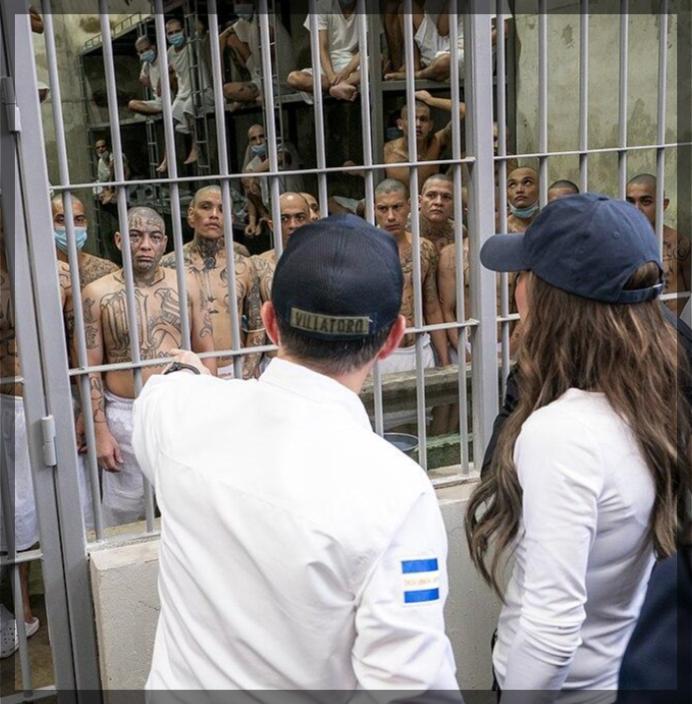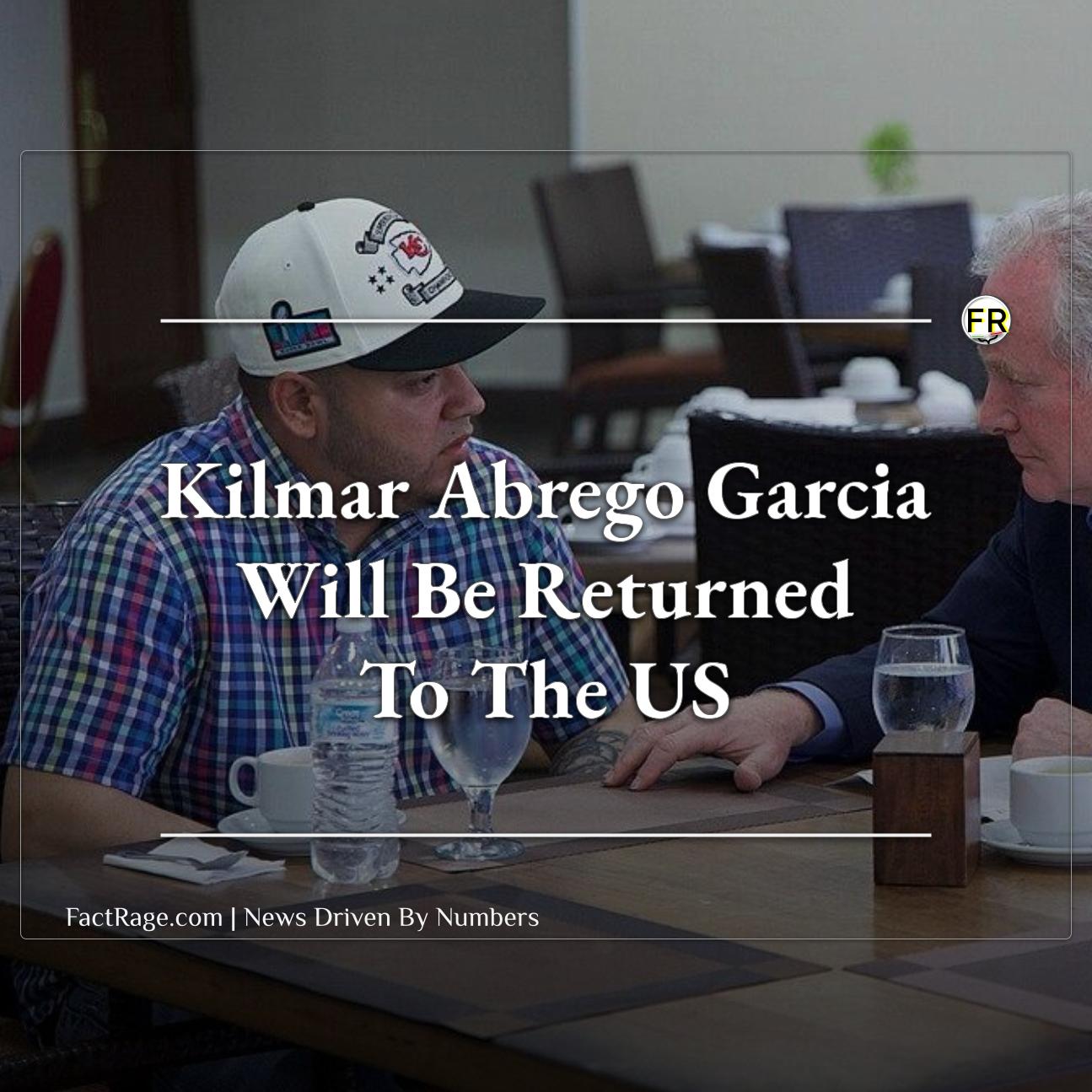CECOT, EL SALVADOR – Kilmar Abrego Garcia, who was mistakenly deported to El Salvador in March, has returned to the United States to face federal criminal charges.
Key Insights:
- Return and Indictment – Kilmar Abrego Garcia is back in the U.S. and has been indicted on two federal counts related to conspiracy to unlawfully transport illegal aliens for financial gain and unlawful transportation of illegal aliens for financial gain.
- Prior Deportation Error – His deportation in March was acknowledged by the Trump administration as an “administrative error,” as it violated a 2019 court order granting him “withholding of removal” status due to fears of gang violence.
- Ongoing Legal Contentions – The charges stem from a 2022 traffic stop, and his return follows months of legal and political disputes over the administration’s compliance with court orders to bring him back to the U.S.
Kilmar Abrego Garcia’s return marks a significant development in a case that has involved federal court orders, political debate, and questions about due process.
Why Kilmar Abrego Garcia was Deported Despite Court Protections

Kilmar Abrego Garcia, a Salvadoran national who had been living in Maryland since 2011, was deported to El Salvador in March despite a 2019 immigration judge’s order granting him “withholding of removal” status. This status was intended to protect him from deportation to his home country due to documented fears of gang violence. The Trump administration later stated that his deportation was an “administrative error,” acknowledging it contravened the existing court order. Abrego Garcia was held in El Salvador’s Terrorism Confinement Center (CECOT), a high-security prison, before his return to the U.S.
What Federal Charges Does Abrego Garcia Face?
Upon his return to the United States, Abrego Garcia now faces a federal indictment in the Middle District of Tennessee. The indictment includes two federal criminal counts: conspiracy to unlawfully transport illegal aliens for financial gain, and unlawful transportation of illegal aliens for financial gain. These charges originate from a 2022 traffic stop in Tennessee where he was found with multiple passengers suspected of being undocumented immigrants. Prosecutors allege that Abrego Garcia made over 100 trips between 2016 and 2025, transporting undocumented individuals from Texas to Maryland and other states for financial profit. The indictment also suggests he collaborated with unidentified co-conspirators who facilitated border crossings. While government allegations have linked him to the MS-13 gang, his lawyers maintain he has no U.S. criminal record beyond traffic violations and deny any gang affiliation, asserting that no evidence of such affiliation has been produced.
How Did Legal Orders Influence His Return?

The process of Kilmar Abrego Garcia’s return was complicated by ongoing legal disputes. Federal courts, including the Supreme Court, had issued orders directing the Trump administration to “facilitate” his return to the U.S. after his wrongful deportation. For months, the administration’s compliance with these orders was contentious, with some officials suggesting his return was not feasible or desirable. His lawyers consistently argued that the government was failing to uphold due process by not acting to bring him back sooner. His return to face these charges comes after significant pressure from various legal and political entities, highlighting the complexities of immigration enforcement and judicial oversight.









